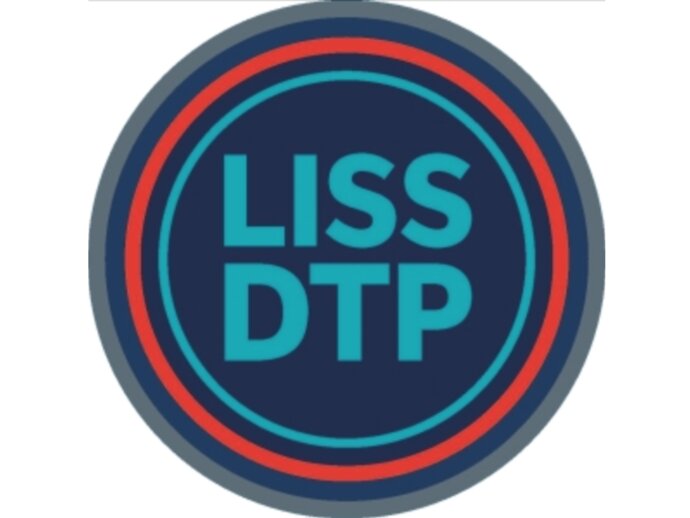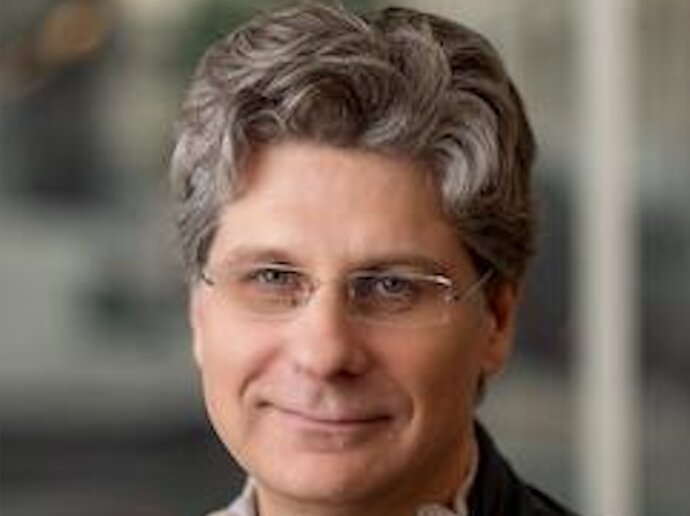Meet the Qualitative Researcher: Prof. Magnus Ryner
Magnus Ryner is a Professor of International Political Economy at King's. He’s been working in the field for well over thirty years. Magnus is the Director of the London Interdisciplinary Social Science Doctoral Training Partnership (LISS-DTP).
Sohail: Can you tell me a little about what you do and how qualitative research plays into it?
Magnus: Political economy breaks down the analytical separation between economics and politics. Political economy is about understanding the co-constitution between production and power. When we start to complicate categories such as power and production, we need to have a much broader methodological canvas. You get into the domain of elite interviews, semi-structured interviews, and documentary analysis. You get discourse analysis, very popular these days.
That’s my field, but the Doctoral Training Partnership is about interdisciplinarity in the social sciences. And a very expansive definition of interdisciplinarity. It takes us to medicine and health, engineering, and I think the environment is one where we’ll probably be expanding. Then you end up with a much broader canvas of methodologies.
Sohail: At the QUAHRC, there is a focus on applied research. I just completed a LISS-DTP PhD. I felt that, though there was an emphasis on impact in the application stage, this was lost a little through the PhD. Is this something which the LISS might focus on in the future?
Magnus: Yes, it is a strategic priority. We hope to step up our game on impact and invest in that. And probably formalise when people do things like internships. I also talked to the deputy director who is in charged of partnerships and impacts. His view is that social scientists more generally seem to be a bit suspicious of impact, of contributing knowledge to those they critically investigate. I think there might be an inherent resistance, even among some of the PhD students, about why should we be doing this. It can’t be an optional extra. Part of the way we do this is funding internships, so you get an extension of your funded period by doing that. We probably need to have more impact events, helping and teaching people of their importance. We are very open to student feedback.
Sohail: What are the avenues for LISS-DTP students to feedback ideas and express opinions?
Magnus: We have feedback events, but also if you have a good idea come to the directors and deputy directors. And we have courses from people who are coming to the end of their PhD’s to offer training. I’m a bit older now, but I’ve been involved in PhD training throughout the years. Even starting out with that as a post-doc. I think there is an energy when early career researchers, PhD students and post-docs interact. There is some very very powerful intellectual stuff that happens there and this is something that we need to harness.
Sohail: I wanted to ask a couple of personal questions about your journey into political economy. Did you grow up wanting to be a political economist?!
Magnus: Well, my interest in politics I can probably relate back to being a six- or seven-year-old in Sweden, where I grew up. The big events of the day were the Vietnam war. Seeing the bombing. In those days, you didn’t have embedded reporting, so you could see the gruesome stuff. That was a big thing, what is going on here, why is this happening?
I lived in one of the most prosperous countries. There was no poverty around me. But I was raised by my grandparents who told me about the 1930’s and the struggles. The Prime Minister of the day was Olof Palme. In my family he was adored. He was a brilliant rhetorician. So, I wanted to do something socially relevant. Whether that has happened or not is another question!
Sohail: In our earlier discussions, you mentioned how you rebelled against the academic standards of your generation. What do you think about this generation’s discussions on our curriculum, university spaces and colonial practices? Do we need to decolonise King’s College London?
Magnus: We worked a lot on that in the DTP in terms of recruitment and selection. Making sure we reach out and get a broader base of society. We have a quota that there has to be a number of BAME students accepted each year, and this year we more than satisfied that quota. The next steps are working when students are actually here. We are looking at induction and unconscious bias. We are thinking of having a compulsory course that everyone has to take. Whether that is enough and if it responds to student demands, these are the traditional tensions that develop between students, teachers and management.
Sohail: Just out of curiosity, for you, is there a difference between diversity and inclusion work and decolonisation?
Magnus: For me personally, no. The events that happened in the United States which led to Black Lives Matter, I think it is extremely difficult to separate that out from the historical legacies of a settler colony where the slave mode of production was a central part and not that long ago.

